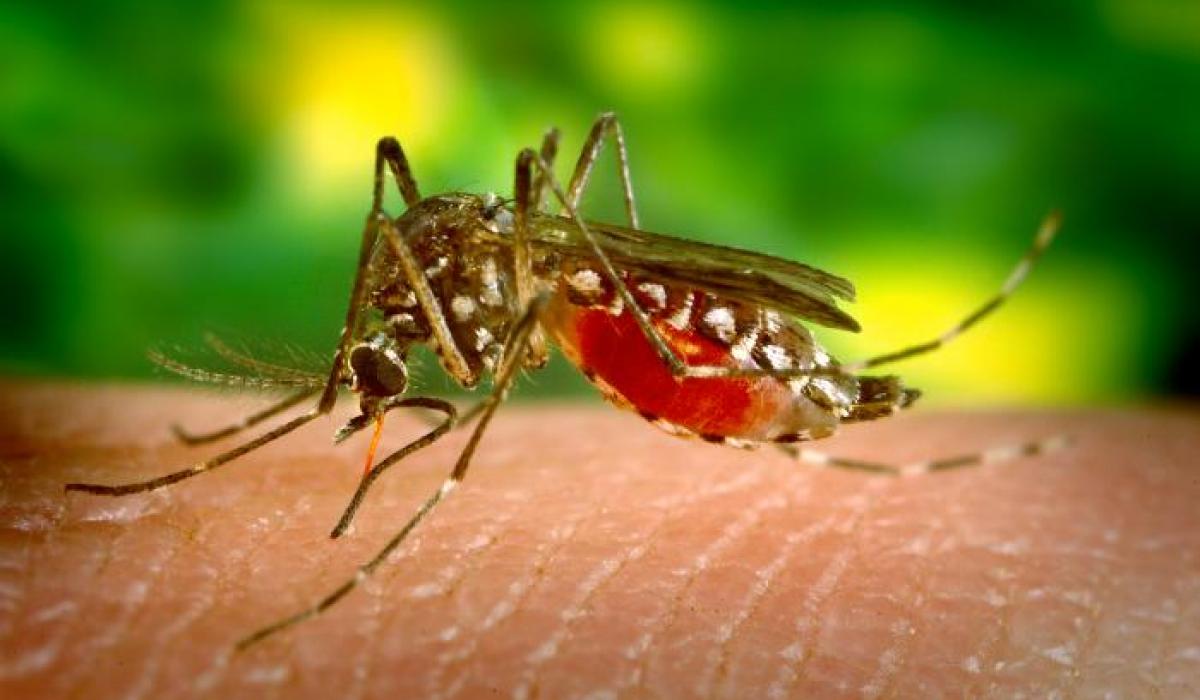
Principal Investigator: Dr. Ally Olotu
Project leader/ Coordinator: Dr. Deborah Sumari
Project Administrator: -
Funding Partner: University of Oxford
Start date: July 10, 2025
End date: Aug. 31, 2028

Accelerating Chikungunya Burden Estimation to Inform Vaccine Evaluation - "ACHIEVE Study"
The ACHIEVE Study—short for Accelerating Chikungunya Burden Estimation to Inform Vaccine Evaluation—is a multi-country research initiative that aims to address knowledge gaps in understanding Chikungunya burden in East Africa to inform vaccine development, deployment and use. Led by Dr. Ally Olotu and Dr. Deborah Sumari from the Ifakara Health Institute (IHI), in partnership with KEMRI, CEPI, and the University of Oxford, the study will run from September 2025 to August 2028.
Background
Chikungunya virus (CHIKV) is a mosquito-borne disease first identified in Tanzania in 1952. In recent years, frequent outbreaks and high prevalence in East Africa—especially among children—have highlighted the urgent need for local data to support public health responses, including the development and deployment of vaccines.
Study Goal
The ACHIEVE study primary goal is to estimate the prevalence and burden of CHIKF and characterize clinical manifestations of disease in children and adults presenting with symptoms at health care facilities. The study will also assess the clinical burden and distribution of Chikungunya virus in Kenya and Tanzania. The data collected will help guide vaccine development and implementation strategies in the region.
Study Location, Population
ACHIEVE will be conducted in 10 health facilities across Kenya and Tanzania, including sites in Tanga (Bombo Regional Referral Hospital and Mkinga Health Center) and Kigoma (Maweni Regional Referral Hospital and Ujiji Health Center). The study will enroll 8,400 participants, including 3,600 febrile patients, 3,600 patients with neurological illness, and 1,200 pregnant women.
The study is expected to provide a deeper understanding of the burden and clinical manifestations of Chikungunya and other priority arthropod-borne diseases. These findings will inform the development and deployment of effective public health interventions, including vaccines.
